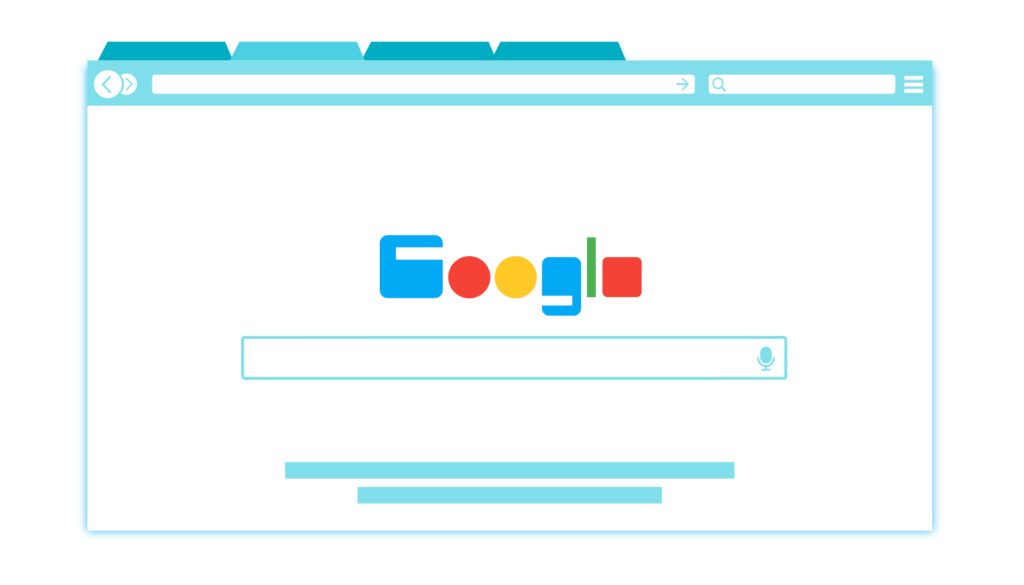Optimizing a webpage for search engines can help to increase its visibility and attract more traffic to the site. Search engine optimization (SEO) involves making changes to the structure, content, and coding of a website to improve its ranking on search engine results pages (SERPs). Here is a comprehensive guide on how to optimize a webpage for search engines using HTML headings, bullets, and numbers.
#1: Research Keywords
The first step in optimizing a webpage for search engines is to research the keywords that are relevant to the page’s content. These keywords should be used throughout the page to improve its visibility on SERPs.
To find the right keywords, you can use keyword research tools such as Google AdWords Keyword Planner, Ahrefs, SEMrush, or Moz Keyword Explorer. These tools will provide information about search volume, competition, and related keywords.
#2: Use Proper HTML Headings
HTML headings, represented by the h1, h2, h3, h4, h5, and h6 tags, are used to structure the content on a webpage. Search engines use headings to understand the hierarchy and organization of the content on a page.
The h1 tag should be used for the main title of the page, and it should be unique to the page. Subheadings, such as h2, h3, and h4, should be used to organize the content under the main title.
It’s important to use headings in a logical and hierarchical order. The h1 should be followed by h2, h2 by h3, and so on.
#3: Optimize the Page’s Content
Once you have a list of keywords and have structured your content using headings, it’s time to optimize the content of the page. This includes making sure that the keywords are used throughout the content, including in the title, headings, and body of the text.
In addition to using keywords, the content should also be informative, high-quality, and relevant to the topic. The search engines will consider the relevance of the content and the quality of the site in determining the site’s ranking on SERPs.
#4: Optimize the Site’s URLs
Search engines also use URLs to understand the structure of a site and the content of a page. To optimize the URLs of a site, it’s important to use descriptive and relevant keywords in the URLs. The URLs should be short and easy to read.
#5: Optimize the Site’s Meta Tags
Meta tags provide information about a webpage to search engines and users. To optimize a site for search engines, it’s important to include meta tags such as the title tag, the meta description, and the meta keywords.
The title tag should be a concise and descriptive summary of the page’s content and should include the primary keyword. The meta description should provide a brief summary of the page’s content and should also include the primary keyword. The meta keywords should include a list of relevant keywords that are used throughout the page.
#6: Use internal and external links
Links are an important part of SEO as they signal to search engines the importance and relevance of a page. Internal links, which link to other pages on your site, help search engines understand the structure of your site and the relationships between your pages.
In addition, external links, which link to other sites, can help to increase the authority and trust of a site. It’s important to use relevant, high-quality external links on your site.
